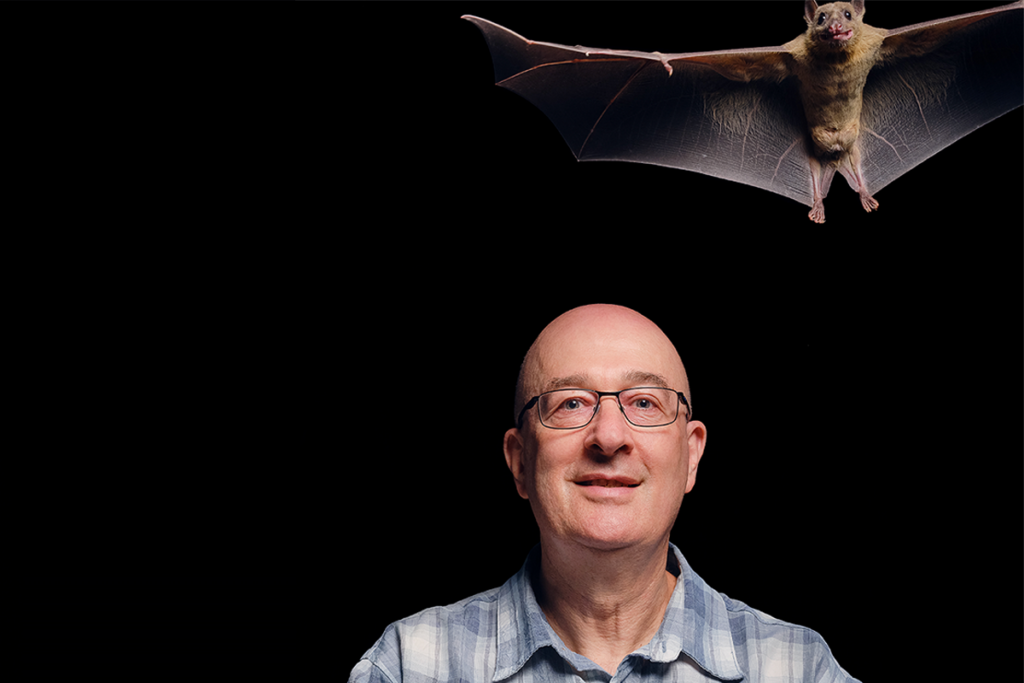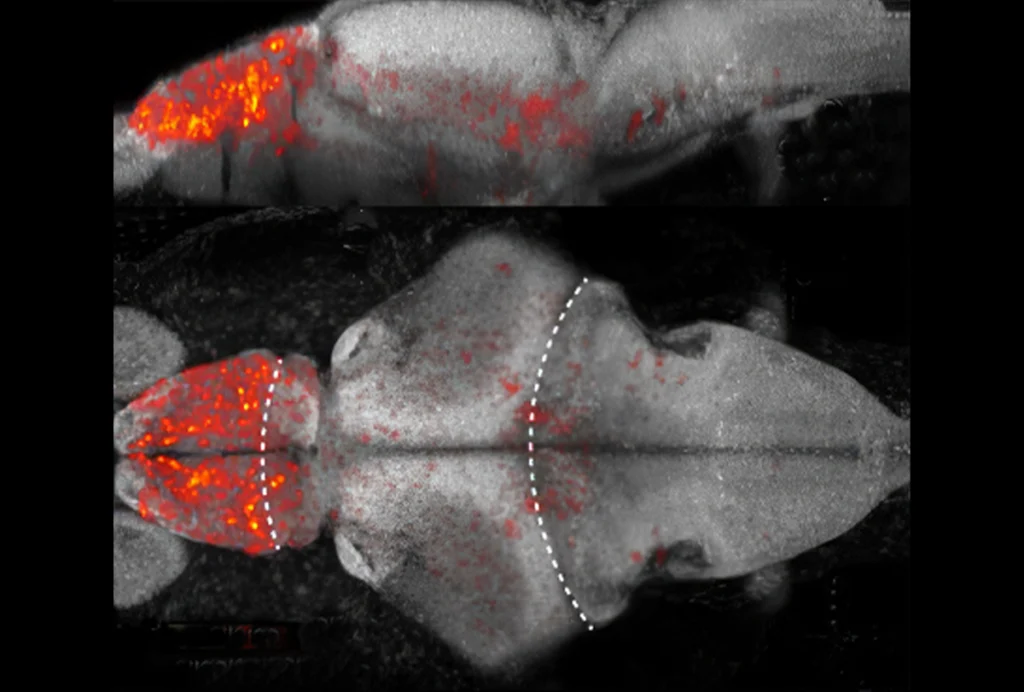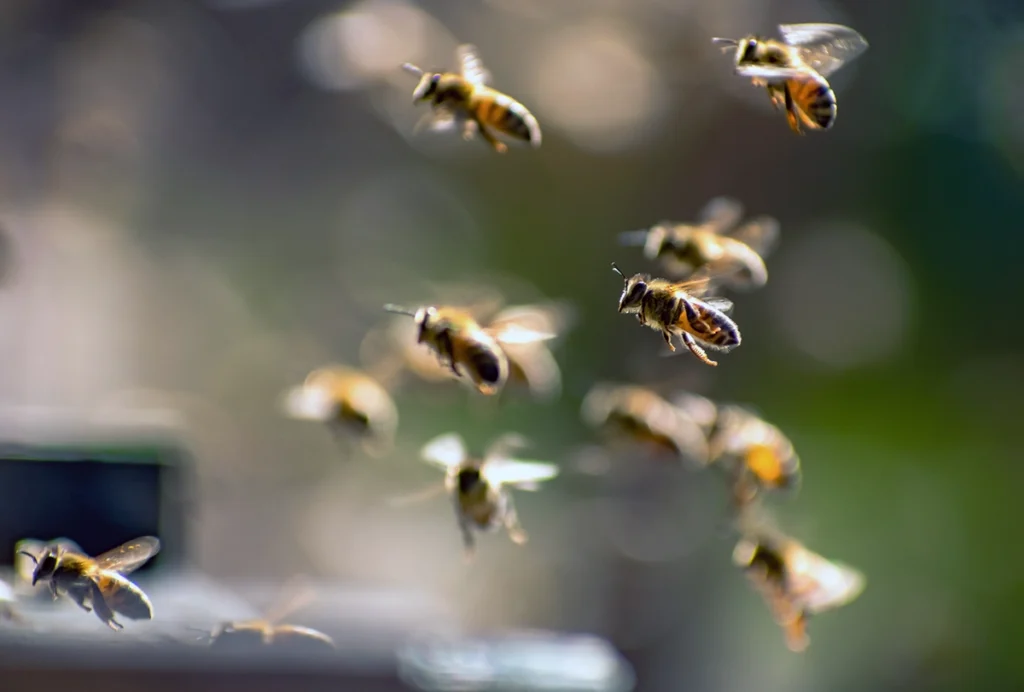Spatial cognition and navigation
Recent articles
Neuroscience’s leaders, legacies and rising stars of 2025
Here are seven stories from the past year about some of the field’s most engaging figures.

Neuroscience’s leaders, legacies and rising stars of 2025
Here are seven stories from the past year about some of the field’s most engaging figures.
Diving in with Nachum Ulanovsky
With an eye toward realism, the neuroscientist creates microcosms of the natural world to understand animal behavior.

Diving in with Nachum Ulanovsky
With an eye toward realism, the neuroscientist creates microcosms of the natural world to understand animal behavior.
Remembering Eleanor Maguire, ‘trailblazer’ of human memory
Maguire, mastermind of the famous London taxi-driver study, broadened the field and championed the importance of spatial representations in memory.

Remembering Eleanor Maguire, ‘trailblazer’ of human memory
Maguire, mastermind of the famous London taxi-driver study, broadened the field and championed the importance of spatial representations in memory.
‘Place cells’ help guide freely swimming zebrafish larvae
The newly found cells function like those in mammals, revealing that spatial cognition evolved earlier than previously thought.

‘Place cells’ help guide freely swimming zebrafish larvae
The newly found cells function like those in mammals, revealing that spatial cognition evolved earlier than previously thought.
Postdoc’s grad-school sleuthing raises questions about bee waggle-dance data
A journal has flagged two papers with expressions of concern, which note a co-author acknowledged errors.

Postdoc’s grad-school sleuthing raises questions about bee waggle-dance data
A journal has flagged two papers with expressions of concern, which note a co-author acknowledged errors.
Dancing in the dark: Honeybees use antennae to decode nestmates’ waggles
The insects align their antennae with their body’s angle to a dancer—information that vector-processing circuitry in the brain deciphers into a flight path, a new study suggests.
Dancing in the dark: Honeybees use antennae to decode nestmates’ waggles
The insects align their antennae with their body’s angle to a dancer—information that vector-processing circuitry in the brain deciphers into a flight path, a new study suggests.
The value of math and spatial learning with Loren Frank
The Howard Hughes Medical Institute investigator discusses what drew him to study the brain and his current work at the University of California, San Francisco.

The value of math and spatial learning with Loren Frank
The Howard Hughes Medical Institute investigator discusses what drew him to study the brain and his current work at the University of California, San Francisco.
Explore more from The Transmitter
Neuro’s ark: Spying on the secret sensory world of ticks
Carola Städele, a self-proclaimed “tick magnet,” studies the arachnids’ sensory neurobiology—in other words, how these tiny parasites zero in on their next meal.

Neuro’s ark: Spying on the secret sensory world of ticks
Carola Städele, a self-proclaimed “tick magnet,” studies the arachnids’ sensory neurobiology—in other words, how these tiny parasites zero in on their next meal.
Autism in old age, and more
Here is a roundup of autism-related news and research spotted around the web for the week of 2 March.

Autism in old age, and more
Here is a roundup of autism-related news and research spotted around the web for the week of 2 March.
Lack of reviewers threatens robustness of neuroscience literature
Simple math suggests that small groups of scientists can significantly bias peer review.

Lack of reviewers threatens robustness of neuroscience literature
Simple math suggests that small groups of scientists can significantly bias peer review.